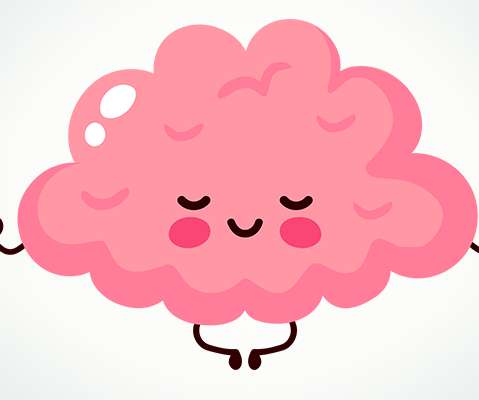Online training in empathic mode
KnowledgeOne
SEPTEMBER 24, 2020
Empathy consists of two dimensions, one emotional and the other cognitive. In order to use empathy as a pedagogical tool, it is imperative that the teacher be interested in the cognitive dimension of this notion, which is, in fact, the dimension on which he or she can intervene.




















Let's personalize your content